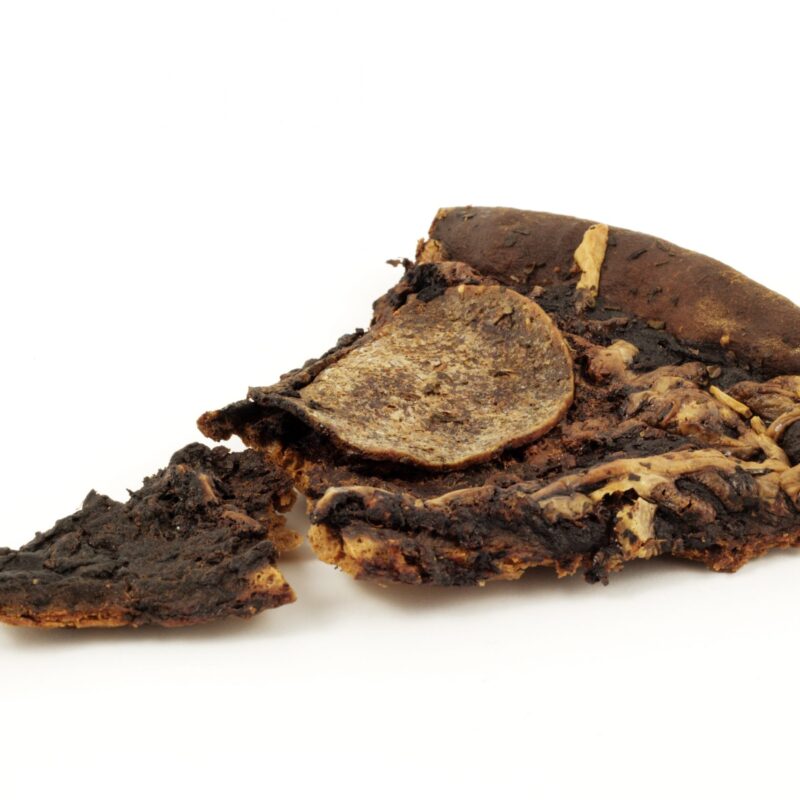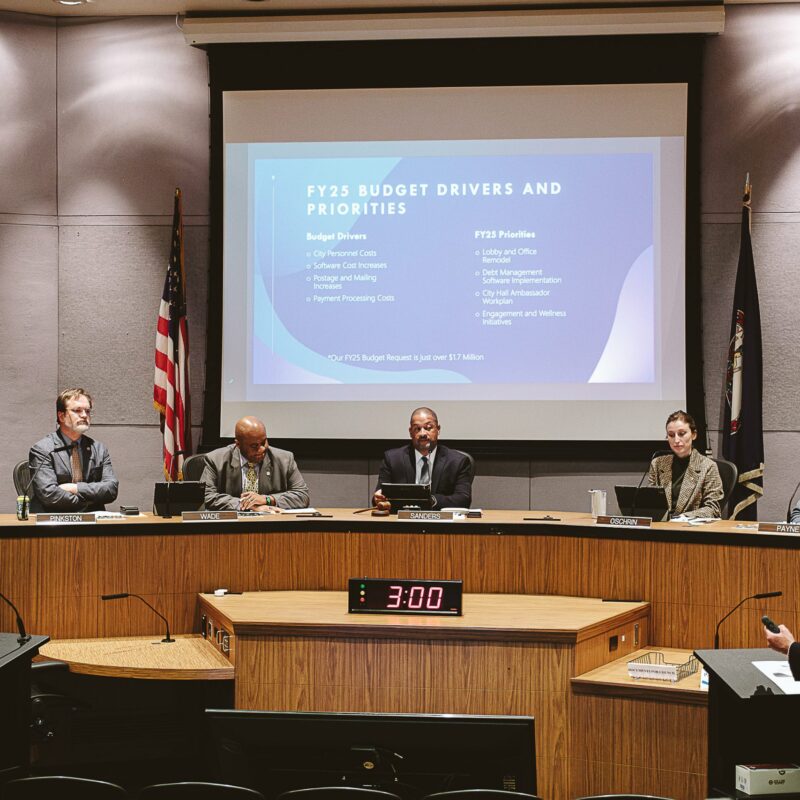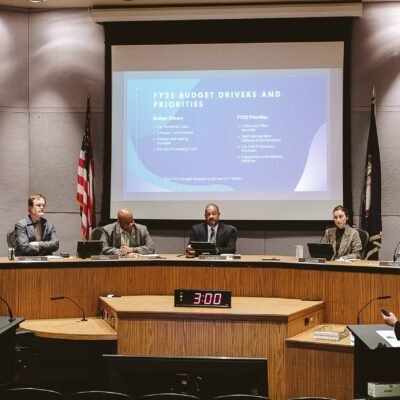The legacy of Biscuit Run continues to reverberate in this session of the General Assembly, where two bills head towards passage, each tackling the implications of the state’s hasty acquisition of the 1,200-acre former development for a future state park.
|
After the Virginia Department of Transportation appraised the 1,200-acre Biscuit Run tract at $12 million, former investors Forest Lodge LLC submitted a competing appraisal that valued the property at $87.7 million. Forest Lodge is appealing its $11.7 million in land preservation tax credits. |
Outraged by the deal, State Senator Creigh Deeds has championed reform of the land preservation tax credit program. Initially, Deeds says he was fine with the state’s decision to buy the Biscuit Run property for $9.8 million. But when he got wind that the investment group, Forest Lodge LLC, submitted an appraisal claiming the property was worth $87.7 million, “it was just something that infuriated me.”
Had the state tax department honored that appraisal, the private investors would have received $31.2 million in land preservation tax credits, on top of the $9.8 million in cash, for a property the Virginia Department of Transportation had appraised at a scant $12 million. Forest Lodge LLC would have received $41 million total for a property bought at the height of the real estate market in 2006 for $46 million.
“It called into question the entire credibility of the program,” says Deeds. It’s a program Deeds feels responsible for: As a state delegate, he carried the legislation that created the land preservation tax credit program in 1999 and he calls it “one of the most important things I’ve ever done.”
After review, the tax department reduced Biscuit Run’s fair market value to $39 million and issued Forest Lodge LLC $11.7 million in tax credits. The investors have appealed that ruling, but assuming the tax department’s decision stands, Deeds says he thinks the appropriate result was ultimately reached.
Still, to help restore credibility to the program, Deeds introduced Senate Bill 1232, which creates a process for the tax department to conduct additional appraisals if warranted. After the usual tinkering, the bill passed the Senate. Last week, a similar version passed the House, meaning it will likely become law.
“We think that’s a good thing,” says Rex Linville, who handles local land conservation for the nonprofit Piedmont Environmental Council. In his view, the changes won’t encumber the process for most people making land donations. “It’s a kind of low-cost way of trying to put more accountability in the program.”
Deeds initially toyed with forcing public disclosure of land preservation tax credits, but reconsidered.
“If you’re going to disclose one tax credit, shouldn’t you disclose them all?” he says. “It was too much to think about.”
A bill introduced by Delegate Watkins Abbitt, whose district includes southern Albemarle, tackles a different Biscuit Run issue—the state park’s “donut hole,” a 36-acre tract in the middle owned by Elizabeth Breeden and several LLCs she manages. House Bill 2167 allows the state to exchange that tract for other land, either in the state park or nearby. It has passed both House and Senate.
The swapped land will be of the same value, but not necessarily 36 acres. Breeden’s land has numerous development rights, but if she takes other Biscuit Run land, she won’t have any unless she goes through a judicial proceeding. The state could also buy land “in proximity” to trade with her.
/aerials-2nov10-JLooney-102.jpg)





